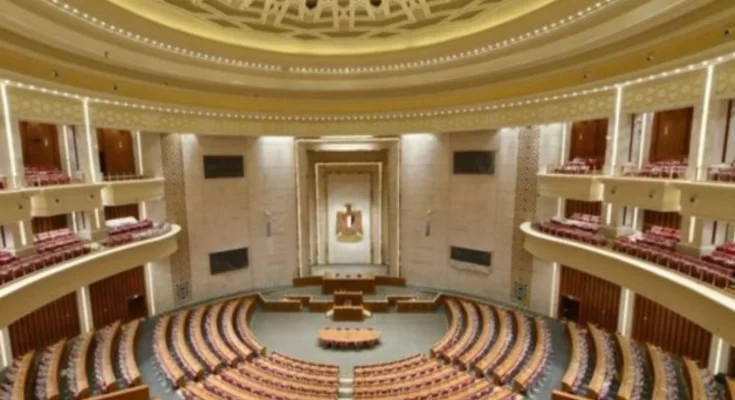The Egyptian Tax Authority, led by Rasha Abdel Aal, has reaffirmed the Finance Ministry’s commitment to introducing a series of tax incentives and streamlined procedures aimed at easing the burden on taxpayers while fostering a stronger relationship between businesses and tax authorities.
She emphasized that modernizing the taxation framework is a crucial step toward attracting investment and driving economic growth.
In a statement on Sunday, Abdel Aal welcomed the House of Representatives’ approval of new tax relief measures, describing it as a significant move toward strengthening trust and collaboration within the business sector.
She assured that once the necessary legislative and executive decisions are in place, the facilitation package would be rolled out immediately.
Key components of the initiative include waiving penalties for tax filings and amendments covering the period from 2020 to 2024. Additionally, taxpayers facing disputes over tax assessments from prior to 2020 will have the opportunity to settle by paying a portion of the assessed amount.
For cases involving official accounting records, settlements will require full payment of the principal tax along with 100% of delay penalties, additional taxes, and related charges.
Moreover, businesses can opt to pay their obligations in four installments over a year, with no late fees applied to the original tax during this period.
South African Rand Weakens as Markets Await Ramaphosa’s Economic Address
Abdel Aal highlighted that a major focus of the initiative is to reduce the financial strain on taxpayers by ensuring that accumulated penalties and additional charges do not exceed the initial tax amount.
She also announced an expansion of sample-based tax inspections, covering all taxpayers across different tax centers, regional offices, and branches starting this tax season.
“Our goal is to resolve longstanding tax disputes, incorporate informal businesses into the official economy, and broaden the tax base by encouraging voluntary compliance,” she stated.
Additionally, the tax authority has introduced a simplified tax structure for startups, small and medium-sized enterprises (SMEs), and professionals with annual revenues of up to EGP 20 million.
This new framework provides a range of incentives, exemptions, and facilitations across multiple tax categories, including income tax, value-added tax (VAT), stamp duty, and state resource development fees.
The tax rates within this system will vary between 0.4% and 1.5%, while businesses under this scheme will enjoy exemptions from capital gains tax, dividend tax, stamp duty, and registration fees. Another significant change is the shift of VAT filing requirements from a monthly to a quarterly basis.
To further build confidence in the tax system, new businesses entering the framework will not be subject to their first tax audit until five years after registration.
“This policy demonstrates our trust in small businesses and their financial declarations,” Abdel Aal remarked. She also urged businesses operating in the informal sector to register officially, reassuring them that past tax obligations would not be pursued. “
Joining the formal economy will serve as a fresh start—a birth certificate for their businesses,” she concluded.




